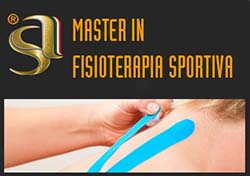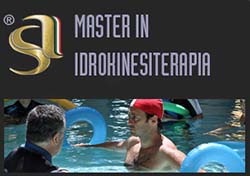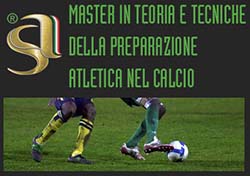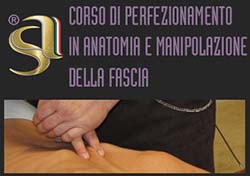Thyroid dysfunction and physical activity: clinical and therapeutic implications
Sport and Anatomy Fascicolo 1 - 2015 (versione inglese), pagine: 20-24
DOI | @ Pisa University Press 2015
Pubblicato: 15 May 2015
L’intero articolo è disponibile
Riassunto
Thyroid dysfunctions and, in particular, hypothyroidism are complex diseases characterized by signs and symptoms that may have a significant negative impact on quality of life and performance in the course of physical activity. The exercise intolerance in conditions of untreated hypothyroidism is multifactorial and is dependent on the functional limitations of the various system organ class. Thyroid hormones preserving the functions of cardiovascular, respiratory and muscle systems during relaxation and during exercise and they are responsible for the limitation of exercise tolerance in conditions of hypothyroidism. Adequate hormone replacement therapy in conditions of hypothyroidism, in addition to improving the quality of life, helps to achieve good results during physical activity. However, exercise intolerance in patients with overt hypothyroidism and in patients with subclinical hypothyroidism, is not always reversible following an appropriate hormone replacement therapy. In fact, in these patients there is a loss of tolerance to physical activity, consequently they perform a lower physical activity resulting deterioration in the quality of life. These patients do not enjoy the psychophysical benefits who instead are available to individuals who practice regular physical activity. In general an active lifestyle based on regular physical activity of aerobic type is recommended in all subjects, in particular in patients with hypothyroidism as it can improve the quality of life regardless of the condition of hypothyroidism.





